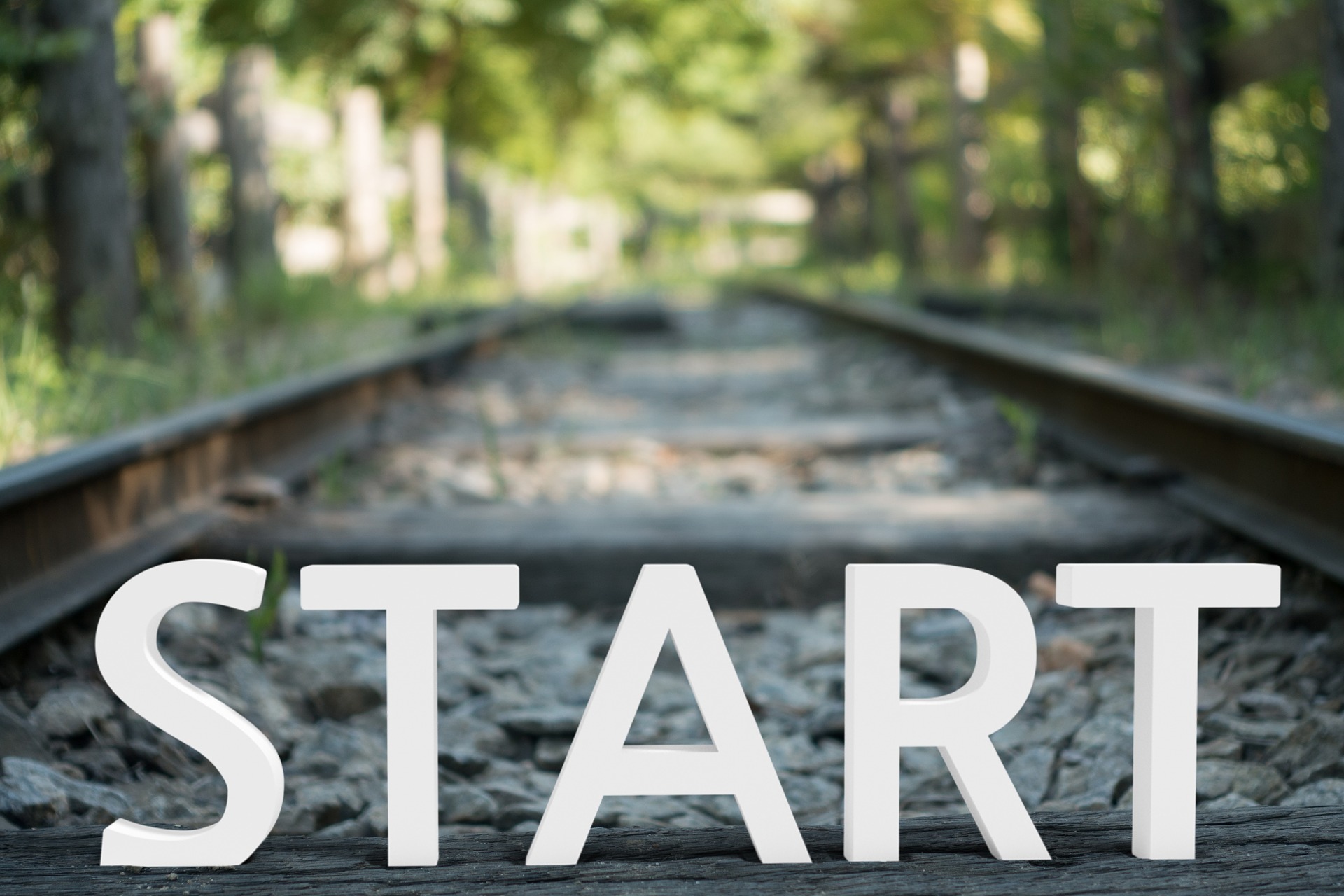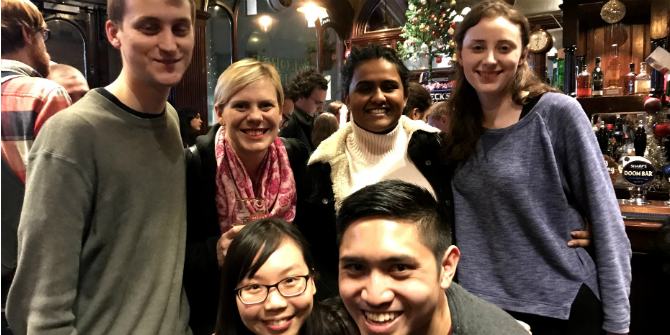The holiday break between Michaelmas Term and Lent Term always feels like a turning point. Yes, there’s the literal turning from one year to another that happens during this period, but academically speaking, this four-week break always feels like a turning point to me. You’ve had time to take stock of your first semester, assess your performance, and set goals for the remainder of the year. If you’re happy with how you’ve done, it’s about capitalising on your initial successes. If you’re looking to improve, it’s about shifting gears to determine how best to move forward. As someone on the teaching side of this equation, it’s given me new insights on how best to make that transition from MT to LT. I’d like to share them with you here.
First off, many students now will be preparing and writing their first summative essays or coursework for the academic year. At this point, they’ve gotten a feel for what their courses are like and know what the expectations are. Nearly all students will have had some formative assignments that allowed them to practice and hone their skills. It’s crucial to take the feedback you got on your formative coursework and implement for your summative assignments. Take the time to read carefully the suggestions and tips your teacher provided. It’s a roadmap for your summative work and you don’t want to pass up free advice. If there’s something you don’t understand about the feedback, get in touch with your teacher and ask. They’ll be more than happy to work through it with you.
Something a lot of students mistakenly do is not give themselves enough time to work on their essays and assignments. Top-notch essays take time to research, develop, write, edit, and re-write. You want to give yourself plenty of time to go through all those stages so you can produce your best work and get the marks you desire. When I was a student, I usually gave myself at least three weeks to complete this process. It’s not something you want to rush. At the summative level, there are no do-overs or second chances. While I don’t want to scare you, at the same time, you don’t want to pass up this opportunity to excel.
At the same time, lean on the resources LSE provides to you to improve your academic performance. Your teachers and professors are valuable resources that frankly are not utilised enough. Office hours are there not only for your to review essay feedback, but also to work through your questions or problems you might be having with the course content. It’s a fantastic opportunity to build relationships with your teachers. LSE LIFE is also a valuable resource you can use to improve your essay planning, research, and writing. Their trained professionals are incredibly helpful and there to guide you toward success. I highly encourage you to make use of this fantastic asset found at LSE Library!
Finally, set reasonable and attainable goals for yourself. Every student is different and therefore those objectives will differ. But shoot for the highest you possibly can. Your time at university is a wonderful period in your life and you want to do the best you can. Make use of your time and give it your all. We’re all here to help and we’re rooting for you!





